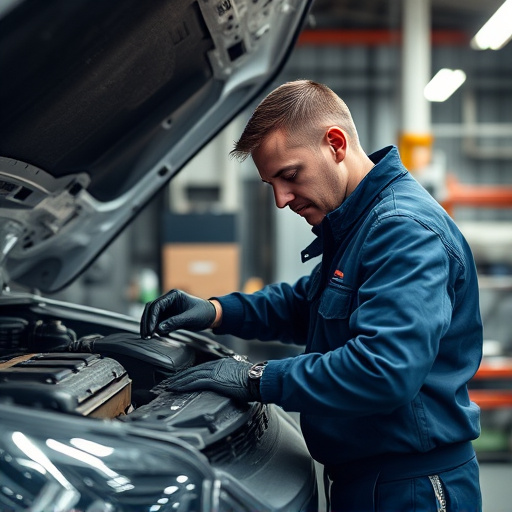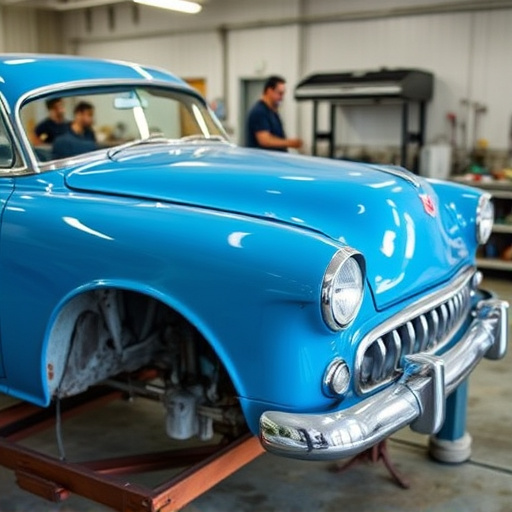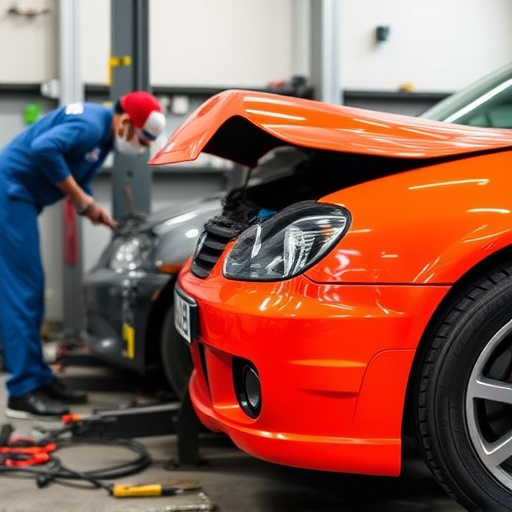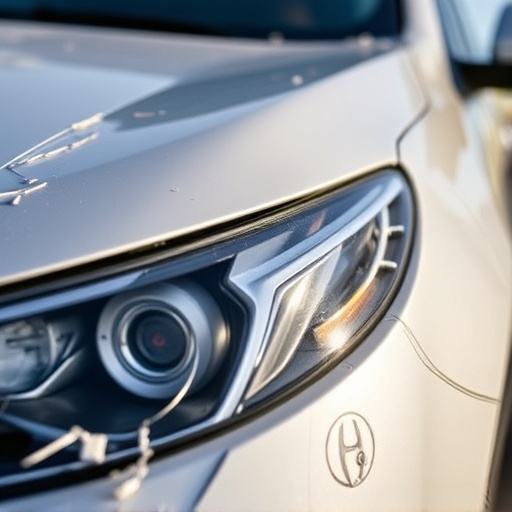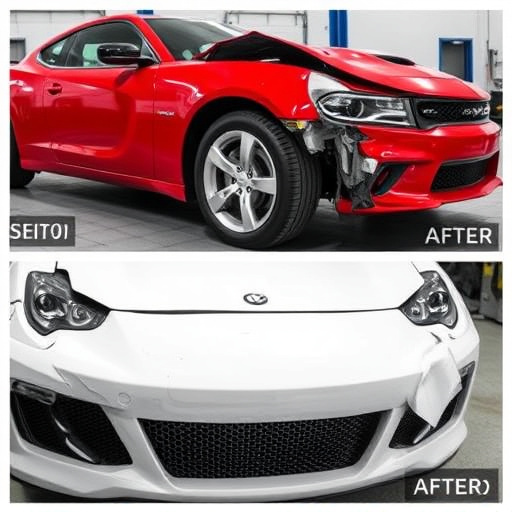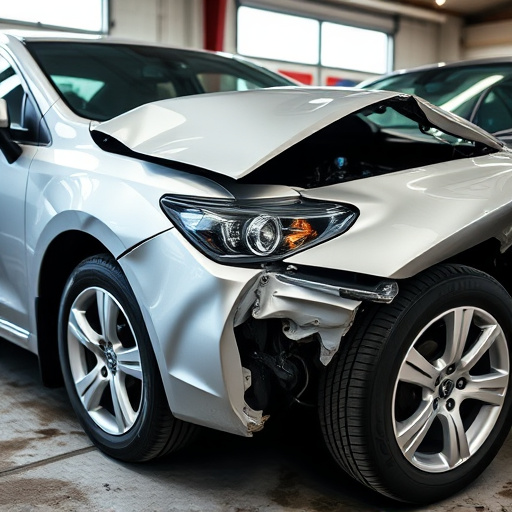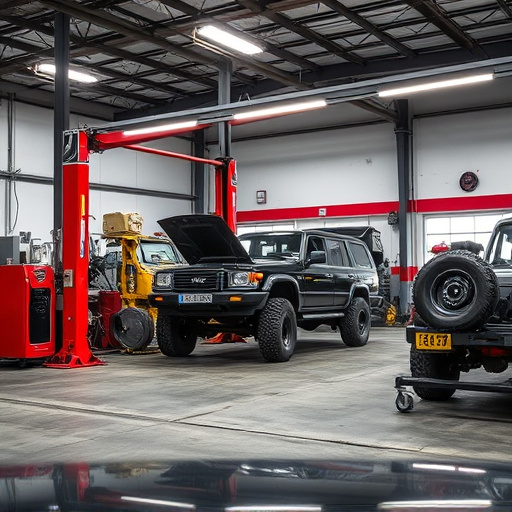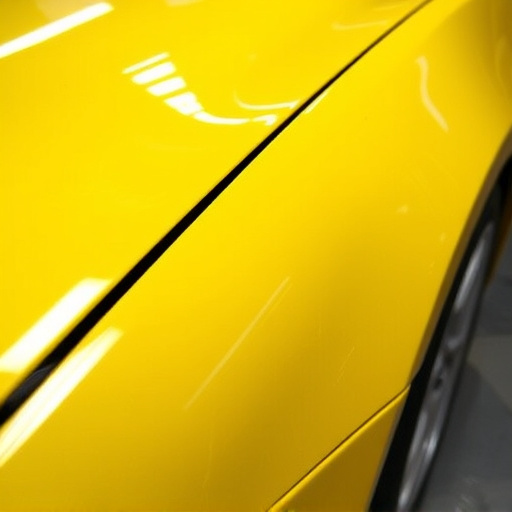Remanufactured collision parts offer a sustainable and cost-effective solution for auto body repairs, surpassing traditional replacements in quality and safety. Skilled technicians perform rigorous inspections and use advanced techniques to refurbish these parts, ensuring they meet or exceed industry standards. Every part undergoes strict quality control checks covering structural integrity, paint finish, and functionality, guaranteeing superior performance compared to original equipment. This meticulous process is crucial for maintaining safe vehicle conditions during collisions, preventing long-term issues, and enhancing the reliability of autobody repairs.
In today’s automotive industry, remanufactured collision parts are gaining prominence as a sustainable and cost-effective solution for vehicle repairs. This article delves into the world of remanufactured collision parts, focusing on their quality control inspections. We explore how these rigorous processes ensure that recycled components meet safety and performance standards, providing reliable alternatives to new parts. Understanding this process is key to embracing eco-friendly practices in auto repair.
- Understanding Remanufactured Collision Parts
- The Role of Quality Control Inspections
- Ensuring Safety and Reliability Through Inspection
Understanding Remanufactured Collision Parts
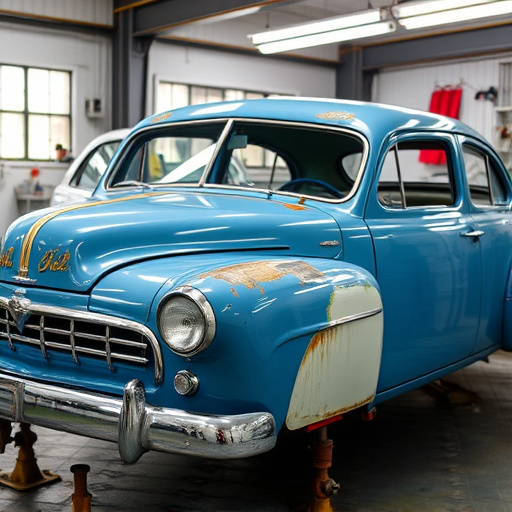
Remanufactured collision parts are a sustainable and cost-effective solution for auto body repair and car dent repair needs. These parts are carefully restored to their original specifications, ensuring they meet or exceed industry standards. The process involves disassembling damaged components, inspecting them for any wear or damage, and then refurbishing them using specialized techniques. This includes cleaning, sanding, painting, and reassembling the part to its functional state.
Compared to traditional replacement parts, remanufactured collision parts offer several advantages. They are environmentally friendly as they reduce waste and extend the life of existing materials. For car bodywork services, these parts provide a cost-saving option without compromising on quality. This is especially beneficial for customers looking to repair minor dents or damages, ensuring their vehicles remain in excellent condition while keeping maintenance costs low.
The Role of Quality Control Inspections
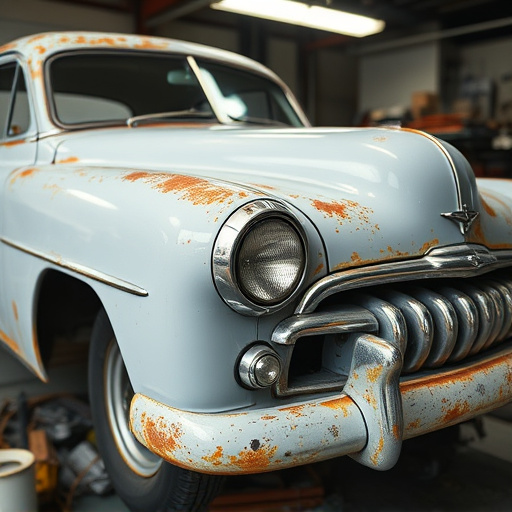
Quality control inspections play a pivotal role in ensuring that remanufactured collision parts meet the highest standards of quality and safety. These rigorous checks are a non-negotiable step in the remanufacturing process, as they help identify any defects or discrepancies that might have gone unnoticed during the initial remanufacturing stages. By implementing thorough quality control measures, auto body shops can guarantee that their remanufactured collision parts perform just as well as—if not better than—original equipment.
This meticulous process involves examining every aspect of the parts, from structural integrity to paint finish and overall functionality. Skilled technicians utilize advanced tools and techniques to verify dimensions, material composition, and compliance with industry standards. Moreover, these inspections ensure that remanufactured collision parts undergo rigorous testing to simulate real-world conditions, thereby enhancing their reliability in automotive collision repair and auto maintenance procedures.
Ensuring Safety and Reliability Through Inspection
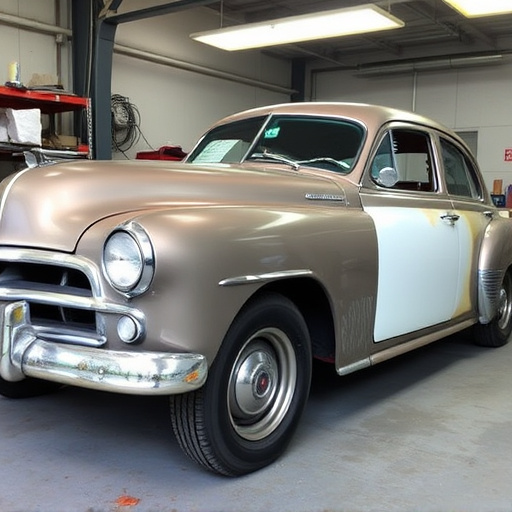
In the realm of automotive repairs, particularly with remanufactured collision parts, inspection plays a pivotal role in ensuring safety and reliability. Every component undergoes meticulous scrutiny to meet stringent quality standards, mimicking the rigor of new car bodywork. This process is crucial for maintaining structural integrity during vehicle collision repair, as even a minor flaw can compromise the overall safety of the vehicle and its occupants.
Through rigorous quality control inspections, every remanufactured collision part is evaluated for precision, durability, and adherence to original specifications. Skilled technicians scrutinize dimensions, material composition, and finish, ensuring that each piece is not just a replacement but an enhanced upgrade over the damaged or faulty original. This level of scrutiny is vital in the autobody repairs landscape, where even slight deviations can lead to long-term issues and compromise the effectiveness of car bodywork repairs.
Remanufactured collision parts play a vital role in the automotive industry, offering cost-effective solutions without compromising safety. With rigorous quality control inspections, these parts undergo meticulous scrutiny to ensure they meet stringent standards. This process guarantees reliability and performance, giving drivers peace of mind on the road. By adopting remanufactured collision parts with robust inspection protocols, consumers can benefit from high-quality repairs at reduced costs while contributing to a more sustainable automotive ecosystem.

